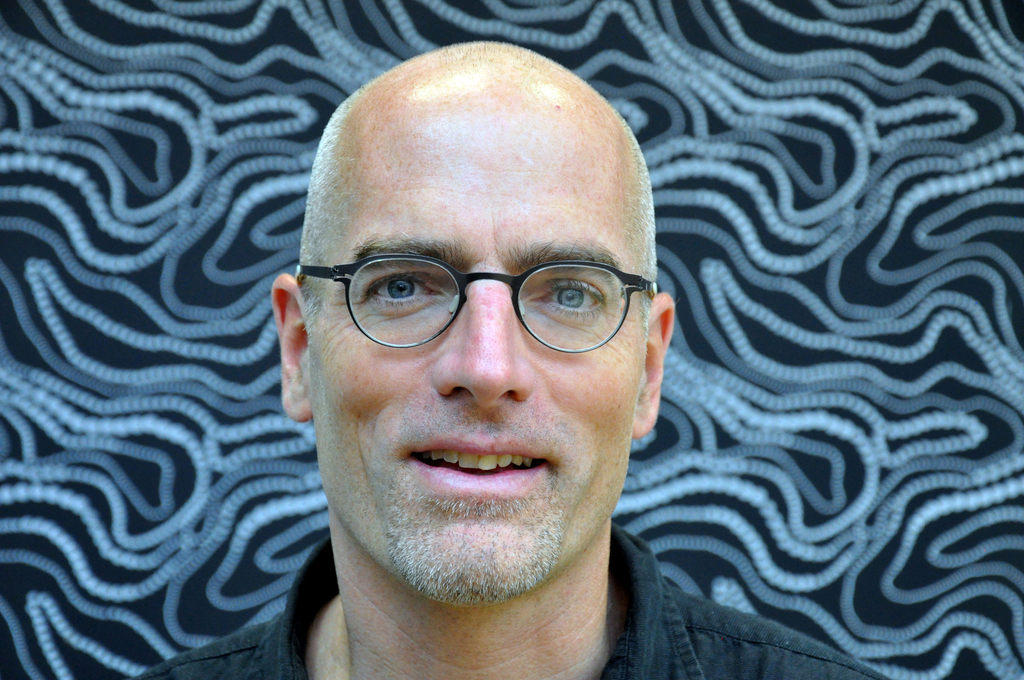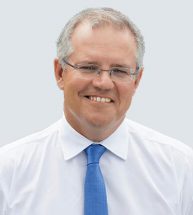Privacy concerns have been raised about the government’s plan to develop a COVID-19 tracking app that will identify people who may have been exposed to coronavirus.
Full details of the technology are yet to be revealed but experts believe it is likely to use Bluetooth and location data.
The Prime Minister Scott Morrison says the app will be modelled on Singapore’s TraceTogether app, and will “massively help” health authorities trace if people have been in contact with someone with the virus.
Mr Morrison says although no one will be forced to sign up, around 40 per cent of the population will have to download it for it to work.
Public trust essential
Professor of communications and media at Monash University Mark Andrejevic says apps like TraceTogether can be an effective part of the tracking system and he understands the government’s interest in developing and implementing the technology. But to do so it will have to win public confidence.
The My Health Record experience has already shown public reservations about entrusting personal data to the government, he says.
“A lot depends on the willingness of the public to use an app like this,” he told Government News. In order to ensure that there’s going to be ready uptake on the part of the public they’re going to want to have a pretty clear idea of what’s being collected, who has access to it, how it’s going to be used and how long it’s going to be kept.”

Professor Andrejevic also says the technology can result in false positives, and doesn’t consider contextual information such as whether contact occurred in close proximity in a closed non-ventilated space, or outdoors.
He says the Singaporean app is a good model because it has built in privacy protections.
For example, it doesn’t collect location information, and data is stored on the user’s phone and only released if there’s a positive test.
“It might be useful to follow the Singapore model where the information isn’t shared until you need to share it ,” Professor Andrejevic says.
“You’d also need to provide some regulatory guarantee that this information is only being collected for contact tracing and only being made available to health authorities, and that the data will be deleted once it’s no longer needed to manage the crisis. Signals like that would encourage public uptake.”
Senior UNSW law lecturer Dr Katherine Kemp also says a tracking app will need a clear and accurate privacy policy, covering limits on data collection and sharing, and rules about when information will be deleted.
And she says data should be decentralised to protect privacy.
“The government will need to improve its approach to privacy protections if it wants a large proportion of Australians to put their trust in this tracking app,” she says.
Technical and privacy issues
Mr Morrison admits there are technical and privacy issues to work through and says the government won’t rush the technology through.

But he says the current circumstances call for exceptional responses.
“In these circumstances, the priority is to keep people safe, to save lives and to save people’s livelihoods and get them back to work. If that tool is going to help people do that, then this may be one of the sacrifices we need to make.
“We’re working on the privacy issues very hard.”
He says the app will only show if someone has been in contact with another person with coronavirus during the potential infection period for a period of 15 minutes or more, and health authorities will be the only ones to have access to the data.
“This would just enable us to get it more quickly and not be relying on people’s memories, which at the end of the day would mean we’d save more lives and save more livelihoods and protect people from the virus,” he told a media conference on Wednesday.
Dr Kemp says the government’s coronavirus information app, which is currently available, also has confusing and open-ended privacy policies. While it isn’t a contact tracker, it still collects some personal data, she says.
“Disappointingly, the coronavirus app does not have one clear, clearly worded and limited privacy policy,” she says.
Mr Morrison unveiled the Coronavirus Australia app in March, saying it would be “a trusted place of advice and information”.
Hotspot data base
It comes as researchers from the University of Sydney, working with NSW health, announced they had developed a hotspot database that pinpoints COVID-19 cases by postcode and socio-economic status.
The researchers say the database can help inform government policy by identifying at-risk areas and areas where quarantine can be relaxed.
“This database is unique in that it combines NSW Health data with ABS data on, for example, the age and the socio-economic status of people within different postcodes”, one of the researchers, Associate Professor Adam Kamradt-Scott, said.
“We hope it can inform state policy responses to COVID-19, including appropriate allocation of resources.”






Leave a Reply